Heat pumps are devices that heat and cool a home by moving heat from one location to another based on the weather. These devices move heat from your house to the exterior environment during the summer. However, heat pumps work the opposite in winter, transferring heat from an external source to your home.
Heat pumps are incredibly effective and work efficiently to stabilize temperatures. In addition, HVAC systems save energy significantly. If you have placed a heat pump in your home, office, or any other location, you may wonder how long it will last. This article describes how long heat pumps last and tips to increase their lifespan.
Key Takeaways
– The average lifespan of a heat pump is around 10-15 years. This can vary depending on the brand, model, and installation location.
– Although heat pumps can last many years, they will eventually need to be replaced.
– Heat pumps eventually start to fail because the compressor has gone bad. Replacing the compressor is expensive, so many simply replace the entire heat pump.
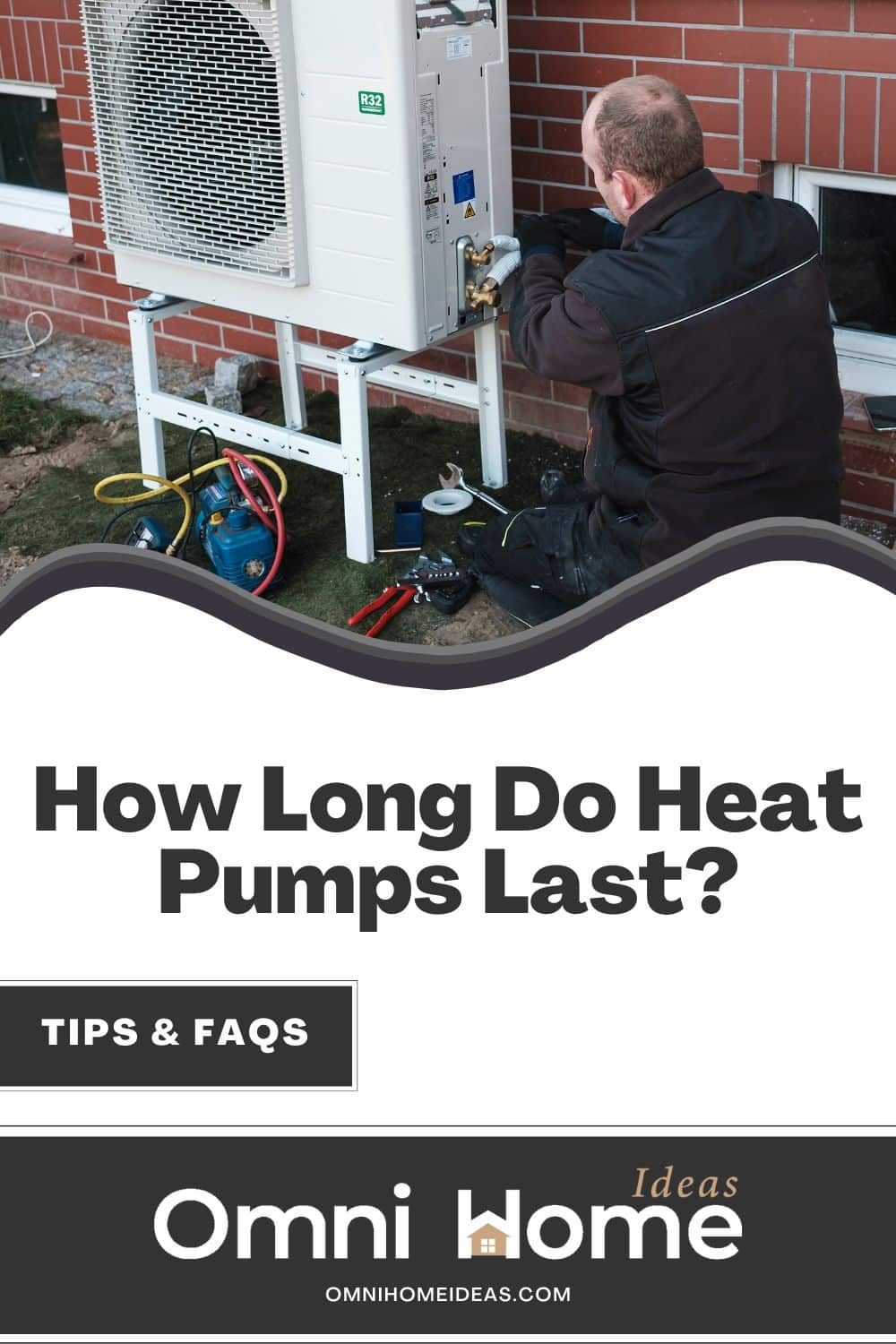
Average Lifetime of a Heat Pump
The average lifespan of a heat pump is 15 years. It depends on the quality of the heat pump you use in the building. Some only last for a decade, whereas some have a longer lifespan of up to 20 years.
Moreover, the life expectancy of a heat pump also depends on its maintenance. If you want your heat pump to last a long time, you must do routine maintenance and cleaning.
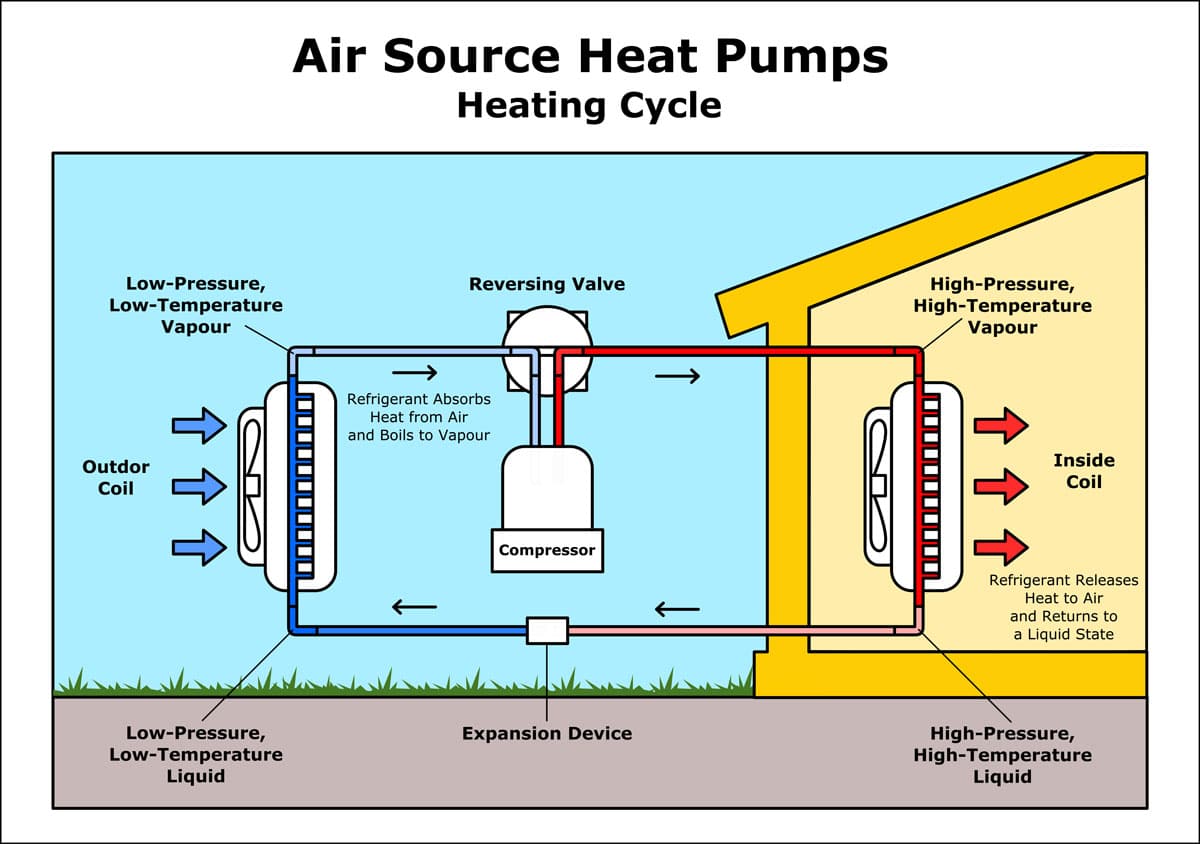
Let’s take a look at the different manufacturers below.
Trane
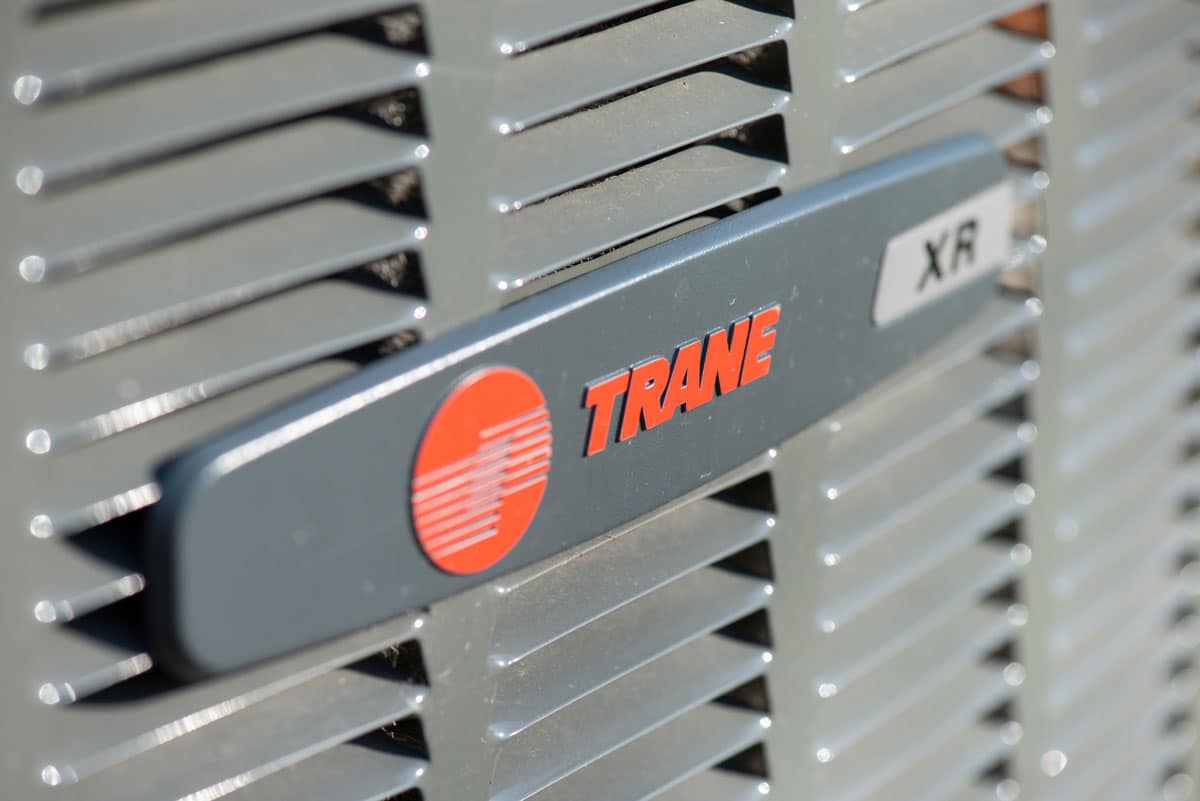
A Trane heat pump can last anywhere from 10 to 20 years, depending on the model and how well it is maintained. The average lifespan of a Trane heat pump is about 15 years. However, with proper maintenance and care, a Trane heat pump can last much longer. Here are some tips to help prolong the life of your Trane heat pump:
- Have your heat pump serviced regularly by a qualified technician. This will ensure that any potential problems are caught early and fixed before they cause major damage.
- Make sure to keep the outdoor unit clear of debris and snow. This will help prevent the unit from overworking and overheating.
- Change the air filter regularly. A dirty air filter can restrict airflow and cause the unit to work harder than necessary, which can lead to premature wear and tear.
Carrier
A carrier heat pump is a great investment for your home. They are known for their quality and durability. on average, a carrier heat pump will last about 15 years with proper maintenance. However, if you do not maintain your heat pump properly, it could only last 10 years or less.
Mitsubishi
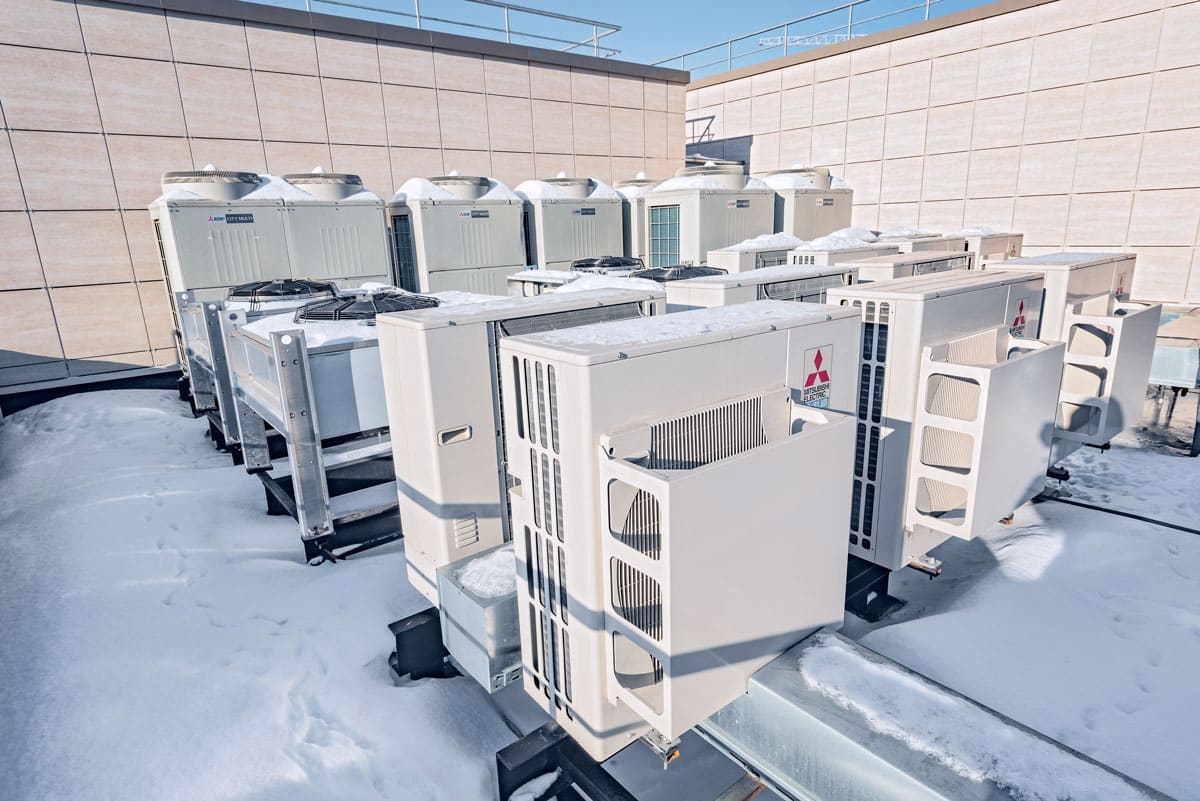
Mitsubishi heat pumps are some of the most reliable and long lasting on the market. With proper maintenance, a Mitsubishi heat pump can last up to 20 years.
Mitsubishi heat pumps are designed for both residential and commercial applications. The company offers a wide range of models to choose from, so finding the perfect one for your needs should not be difficult.
Once you have installed your Mitsubishi heat pump, it is important to keep up with regular maintenance in order to prolong its lifespan. This includes cleaning the filters monthly, having the system serviced annually, and keeping an eye on the Freon levels.
Daikin
In general, Daikin heat pumps can last between 10 and 15 years. However, with proper maintenance and care, some Daikin heat pumps have been known to last up to 20 years. The key to prolonging the life of a Daikin heat pump is to have it regularly serviced by a qualified technician and to keep the outdoor unit clear of debris.
Tips to Increase the Life of a Heat Pump
You can increase the life of a heat pump by following the tips below:
- Check the defrost cycle of a heat pump weekly. Ice can build up on the outdoor coil causing frost. Moreover, this frost intrudes on the heat pump’s ability to deliver heat. Hence, you should check on the heat pump’s defrost cycle to avoid this problem and increase its life expectancy.
- Always clean the coils. Do not let the dust settle on them, as it can decrease the durability of heat pumps. When dust covers the coil, your heat pump works double time to ensure it delivers the right temperature.
- Check if the condenser unit has fins outside. Clean these fins as it affects the performance of a heat pump.
- Always keep the outside area of the heat pump clean. Clean the area monthly, and do not allow plants to grow near 18 inches of the heat pump’s outdoor unit.
- Always ask a professional when you notice issues with your heat pump. Do not try to repair it by yourself.
Types of Heat Pumps
Heat pumps have several types, including air-source heat pumps, water-source heat pumps, and dual-source pumps. Air-source is the most common heat pump, and it is manufactured to transfer heat from indoor areas to outer environments.
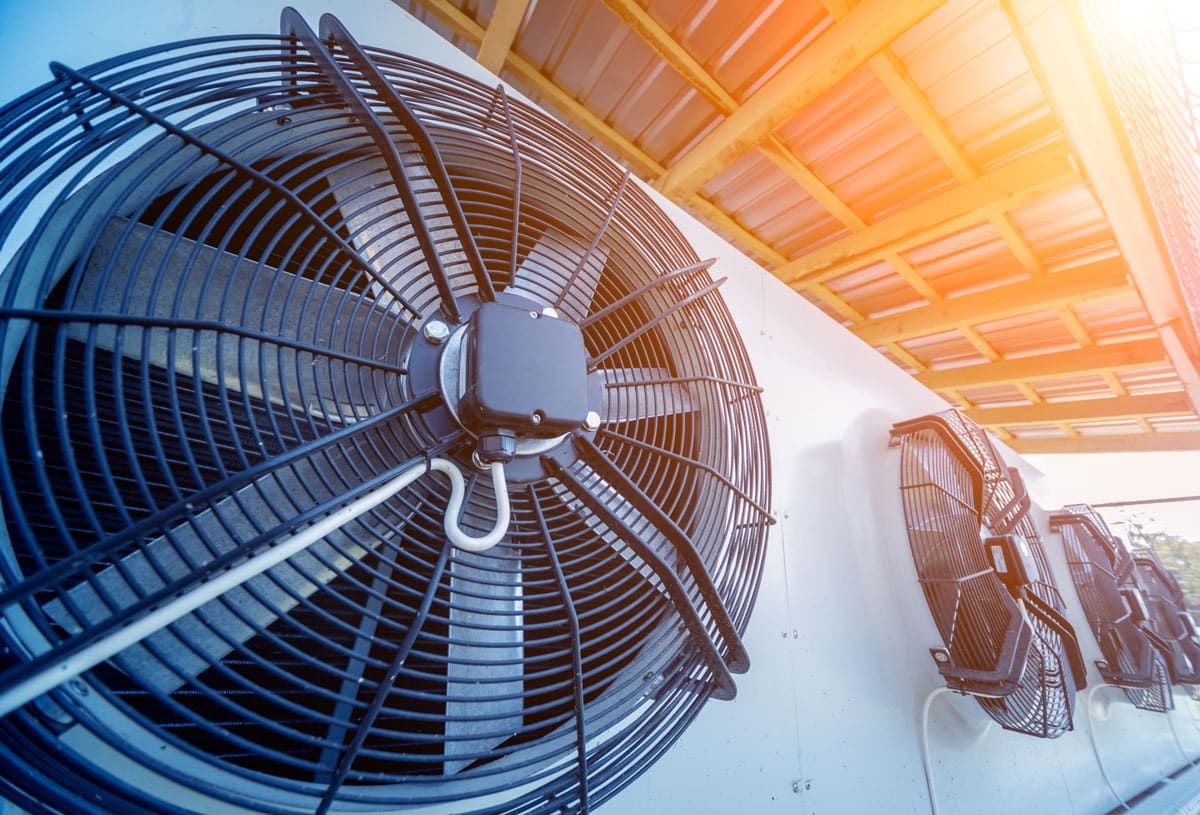
Water-source heat pumps are usually used for bigger areas to keep them warmer and stabilize the room temperature.
Moreover, dual-source pumps are the most long-lasting heat pumps compared to water-source and air-source heat pumps. It has both functions to maintain the temperature in every season accordingly, as it keeps the room warmer in winter and cooler in summer.
Benefits of Heat Pumps
You may wonder why you need a heat pump. Here we discussed some of the significant benefits of heat pumps that will urge you to place this type of heating system in your home or building.
1. Temperature Stabilizers
A heat pump’s first and foremost benefit is temperature stabilization every season. You do not need to worry about placing the heating and cooling systems separately. Install a dual-source heat pump in your home, and you are ready. Moreover, their average life expectancy saves you time worrying about other appliances.
2. Efficient and Eco-Friendly
Heating pumps do not use fossil fuels to run. They use electricity, which makes them eco-friendly and efficient. Moreover, they provide heating and cooling to all areas of your home. You can save money with a heat pump instead of placing separate air conditioners or heaters in every room.
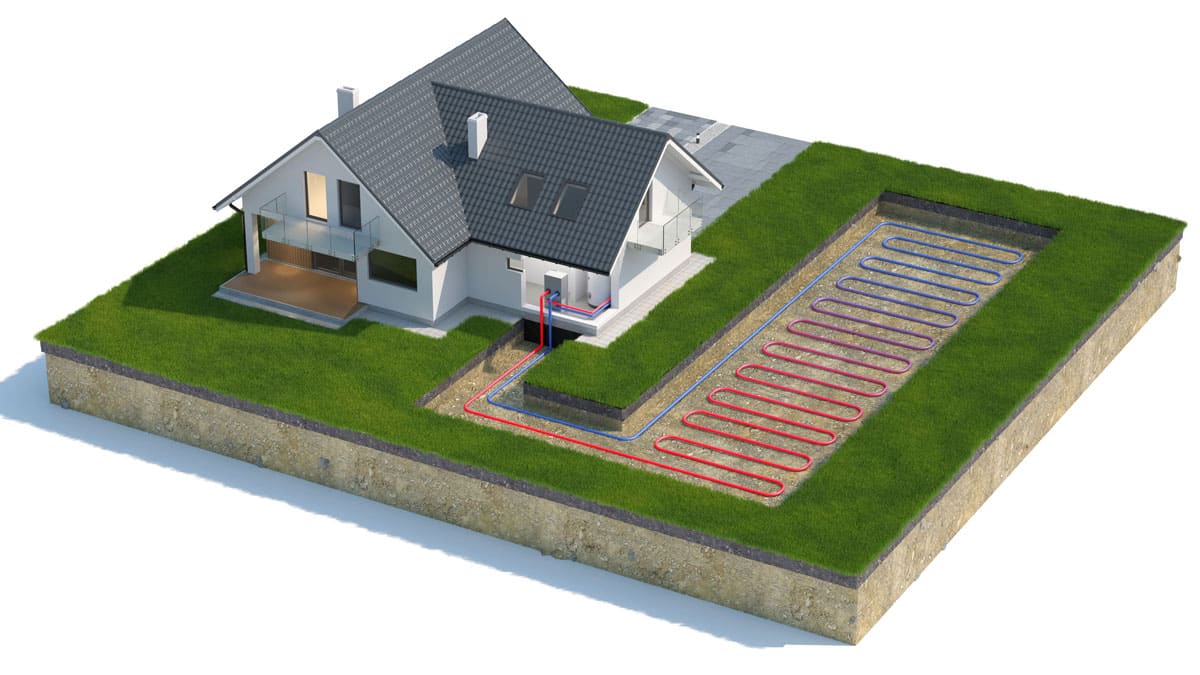
3. Say No to Noise Pollution
When you install a heat pump in your home, you do not have to worry about noise. Other heating and cooling systems cause noise pollution as people continuously use them. To avoid this, you can use a heat pump with a low-noise system to prevent distractions and maintain a peaceful environment.
Frequently Asked Questions (FAQ)
1. When should I replace a heat pump?
The average lifespan of a heat pump is 15 years. You should prepare your budget to replace it afterward. However, if you take care of the heat pump and maintain it well, its life expectancy may increase. Hence, there is no need to replace a heat pump that’s beyond its life expectancy when running smoothly.
2. How much does it cost to replace a heat pump?
A heat pump replacement cost ranges between $4,900 – $12,500. This range has all the costs involved, including labor, equipment, and others. However, costs also vary when for different sizes of equipment because variable-capacity heat pumps are available in the market.
3. Can I install a heat pump in my office?
Heat pumps are economical, eco-friendly, and energy-efficient heating and cooling systems. You do not have to spare money on heating and cooling systems separately. Moreover, it is safe to say that you can install dual-source heat pumps in your office or business store. The cost will vary according to the environment in which you are installing the heat pump, but it will provide comfort and save you money simultaneously.
Conclusion
Heat pumps are eco-friendly and economical devices used for heating and cooling in buildings. On average, a heat pump can last up to 15 years, but some heat pumps can last even longer.
Moreover, the life span of well-maintained heat pumps is observed to be greater than the others. Therefore, to increase your heat pump’s life expectancy, you should have it checked routinely and have it maintained by a professional.
The maintenance includes cleaning the coils, condenser units, and outdoor area of the heat pump. In addition, we have discussed some other tips you can follow to increase the heat pump’s lifetime.
Moreover, if you want to install a heat pump with both a heating and cooling system, go for a dual-source heat pump instead of an air-source or water-source heat pump. Air-source heat pumps cause cooling; the water-source heat pump provides a warming effect on a building. Having a dual-source heat pump covers both.


